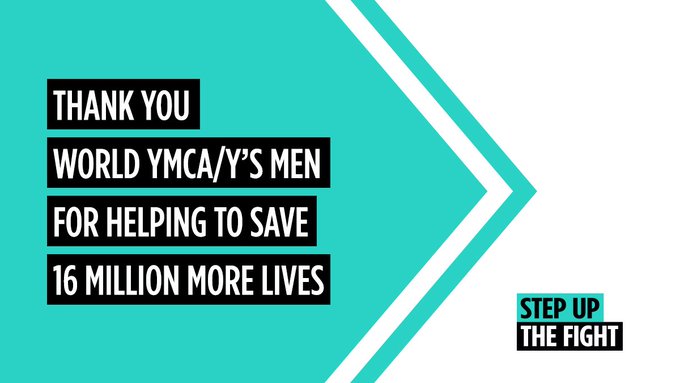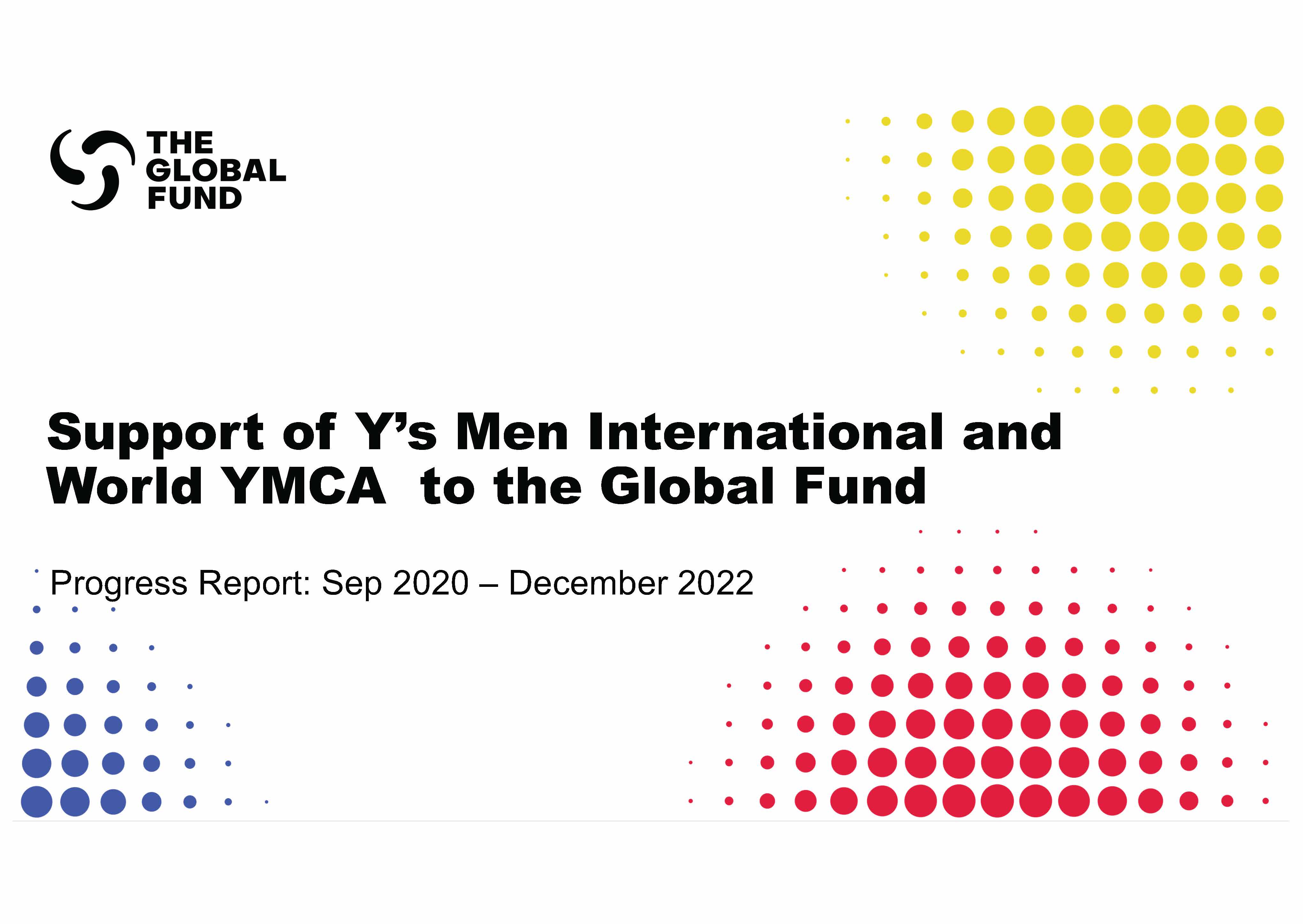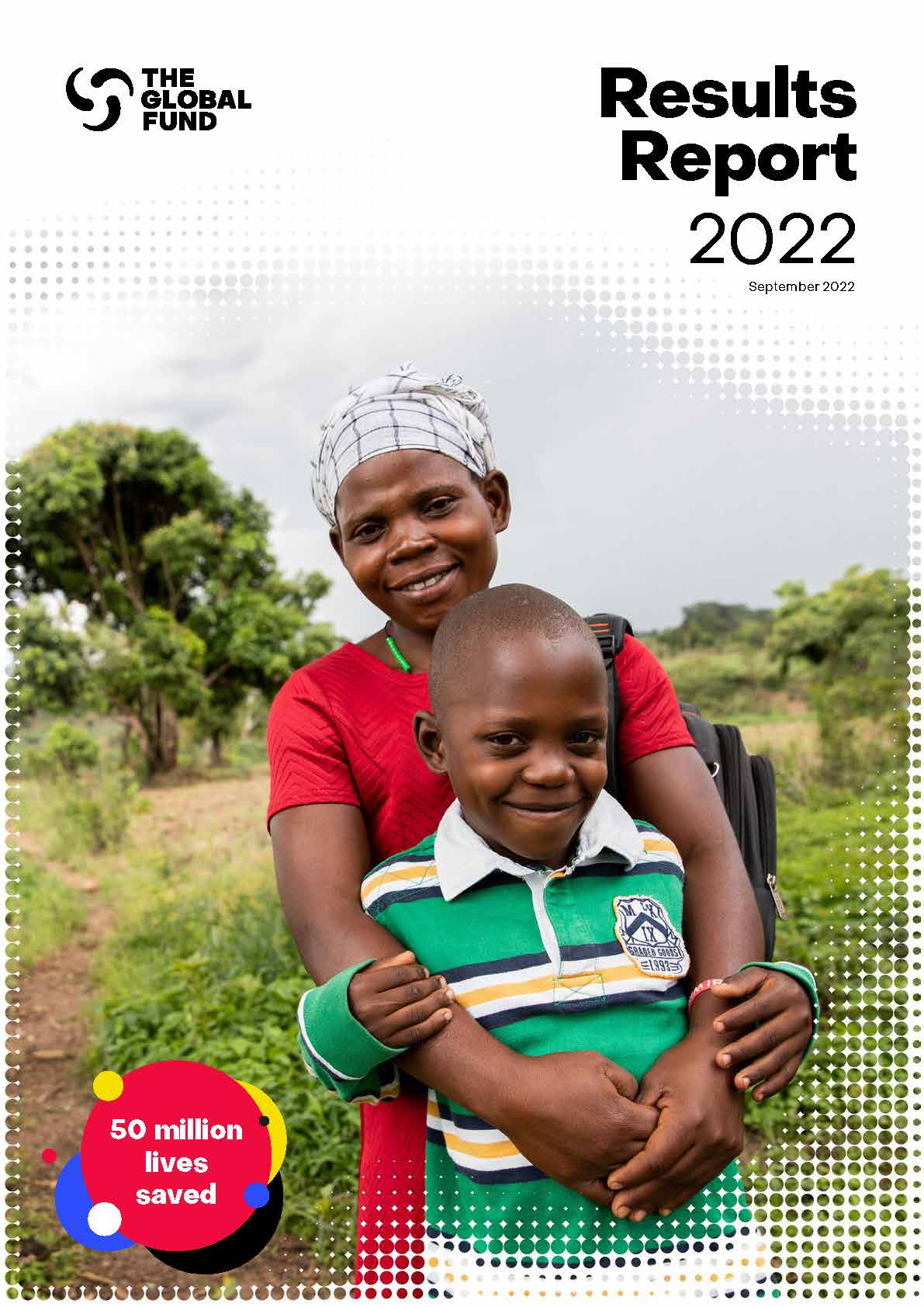 Malaria is a serious and life-threatening disease caused by parasites transmitted through the bites of infected female Anopheles mosquitoes. In severe cases, death can occur in less than 24 hours. It is found predominately in poorer tropical countries and is most dangerous to infants, young children, pregnant women, and the immunocompromised. Malaria is both preventable and curable, and thanks to the concentrated and coordinated efforts on academic, scientific, financial, and organisational fronts, the malaria burden has been declining and the battle for a malaria-free planet by 2030 is being won.
Malaria is a serious and life-threatening disease caused by parasites transmitted through the bites of infected female Anopheles mosquitoes. In severe cases, death can occur in less than 24 hours. It is found predominately in poorer tropical countries and is most dangerous to infants, young children, pregnant women, and the immunocompromised. Malaria is both preventable and curable, and thanks to the concentrated and coordinated efforts on academic, scientific, financial, and organisational fronts, the malaria burden has been declining and the battle for a malaria-free planet by 2030 is being won.
YMI clubs raise money for the RBM programme in solidarity, recognising malaria as a global health crisis that can and should be addressed. Clubs in endemic regions in Africa and India also engage in frontline, grassroots malaria intervention activities, often in cooperation with local YMCAs.
World Malaria Day is commemorated each year on 25 April, and it is also the YMI Emphasis Month for Roll Back Malaria. Particularly during this time, all clubs are encouraged to contribute generously to strengthen the impact and develop our organisation as an important player in the priority fight to eliminate malaria within the next seven years within the framework of Strategy 2032. Through RBM, we power our engagement in the health sector and work towards our mission of an equitable and sustainable world.
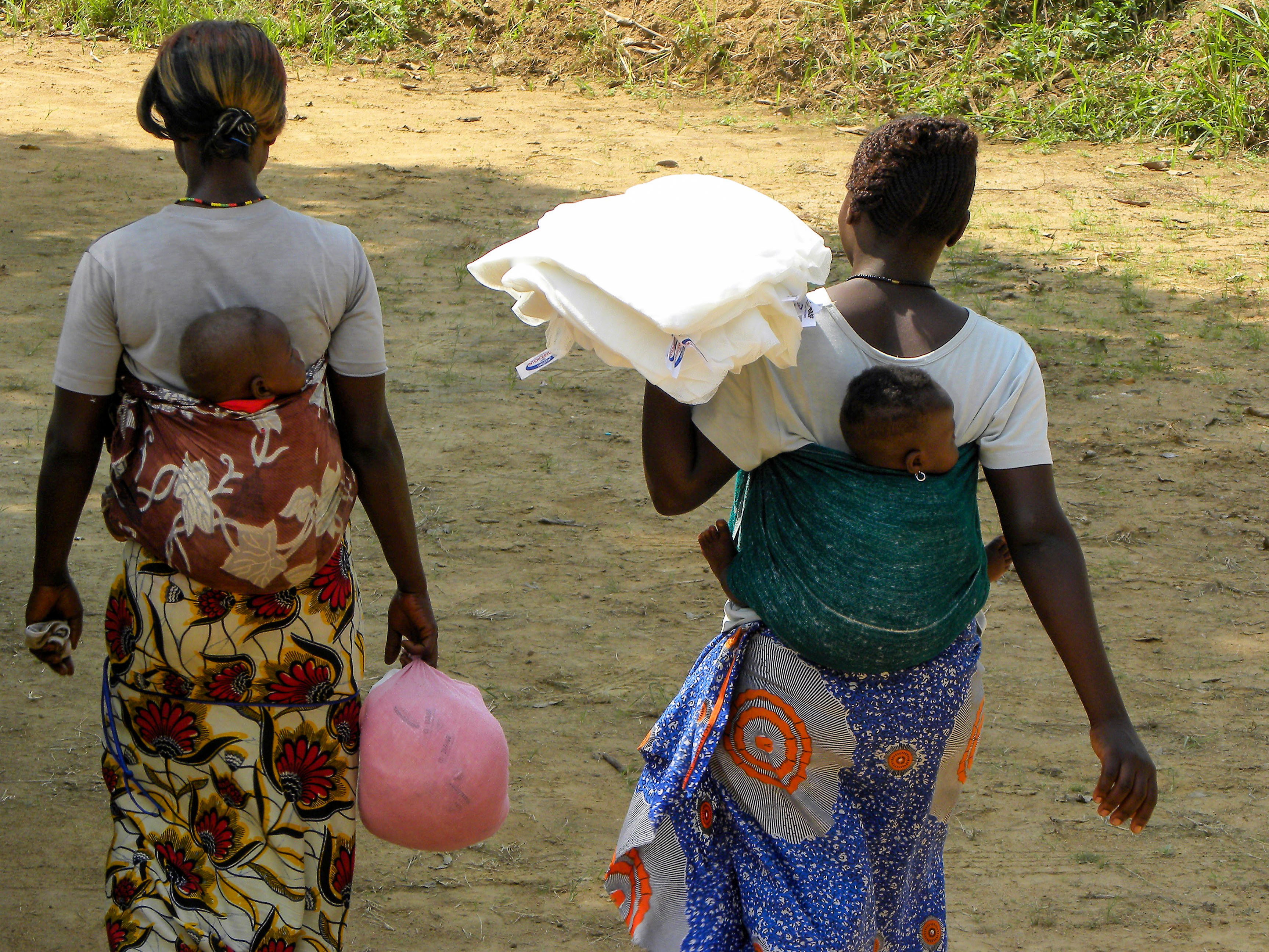
According to the World Health Organization (WHO), globally, malaria deaths reduced steadily over the period 2000–2019, from 897,000 in 2000 to 577,000 in 2015, and to 568,000 in 2019. Yet despite the progress, last year half the world’s population was still at risk of contracting the disease, and work remains to be done.
Due to ongoing disruptions due to COVID-19, increasing drug and insecticide resistance, a growing circulation of counterfeit and substandard drugs, climate change, conflict, and other factors, progress in the anti-malaria campaign has slowed over the past few years. Estimated malaria cases rose from 229 million in 2019 to 245 million in 2020 and 247 million in 2021 with 13.4 million additional cases and 63,000 deaths being attributed to the pandemic.
Instead of being discouraged by setbacks, all partners in the fight to eradicate malaria, including Y’s Men International (YMI), must come together to increase their engagement, adapt and find ways to overcome new challenges.
YMI has been engaged in fundraising and awareness activities to support the global fight against malaria, and a member of the RBM Partnership to End Malaria (formerly Roll Back Malaria), the global framework for coordinated action against malaria, since 2008.
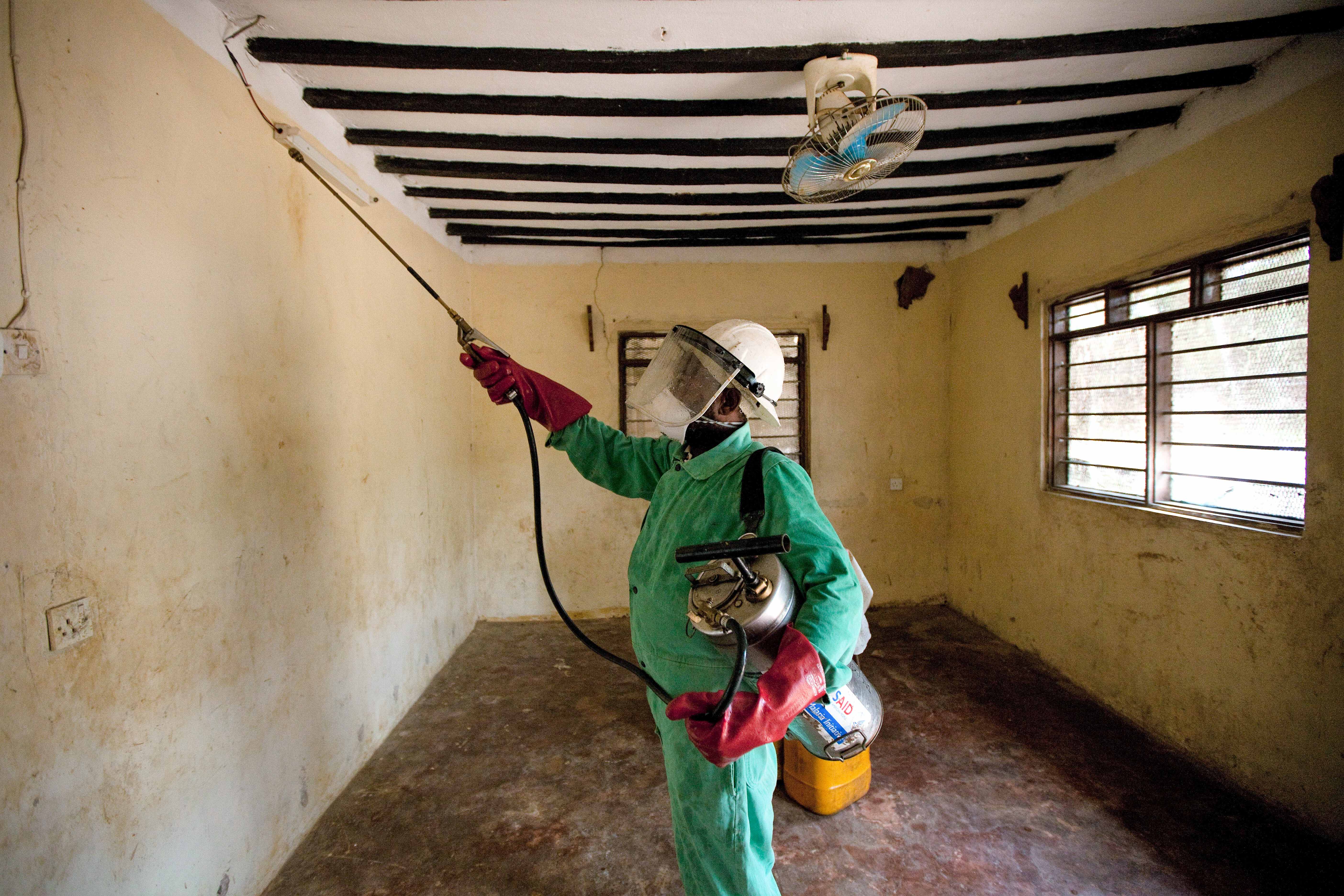
Under the UN Projects Committee, the Roll Back Malaria project was first introduced at the 2008 International Convention in Herning, Denmark with a goal to raise CHF 150,000 in one year. By July 2009, CHF 182,340 had been donated and paid to our partner at the time the IFRC to help support its net distribution and education campaigns.
In 2019 a new, multi-stakeholder agreement was made with the World YMCA, the Global Fund and the Foreign, Commonwealth & Development Office (FCDO) of the UK government. Through this arrangement, YMI has contributed US$300,000, funds that were double-matched by the FCDO for a total amount of $900,000 to the Global Fund.
The Global Fund provides 63% of all international financing for malaria programmes and has invested more than USD 16.4 billion as of 30 June 2022, with a focus on prevention. Money is put towards WHO-recommended vector control core tools in endemic countries. These have included the distribution of insecticide-treated nets, indoor residual spraying, larviciding (to interrupt the development of larvae or pupae into adult mosquitoes), increased implementation of seasonal malaria chemoprevention for children and pregnant women, RTS,S/AS01 malaria vaccine distribution and other preventative treatment measures. The number of persons with access to insecticide treated bed nets rose from 3% in 2020 to 55% in 2021 in the countries where the Global Fund invests. Between 2010 and 2021, the number of nets in use climbed from 26% to 48%. During the same period, the number of malaria tests provided increased by 34%. The total number of malaria deaths has dropped by 27% over the past 20 years and total of 11.7 million lives were saved.


